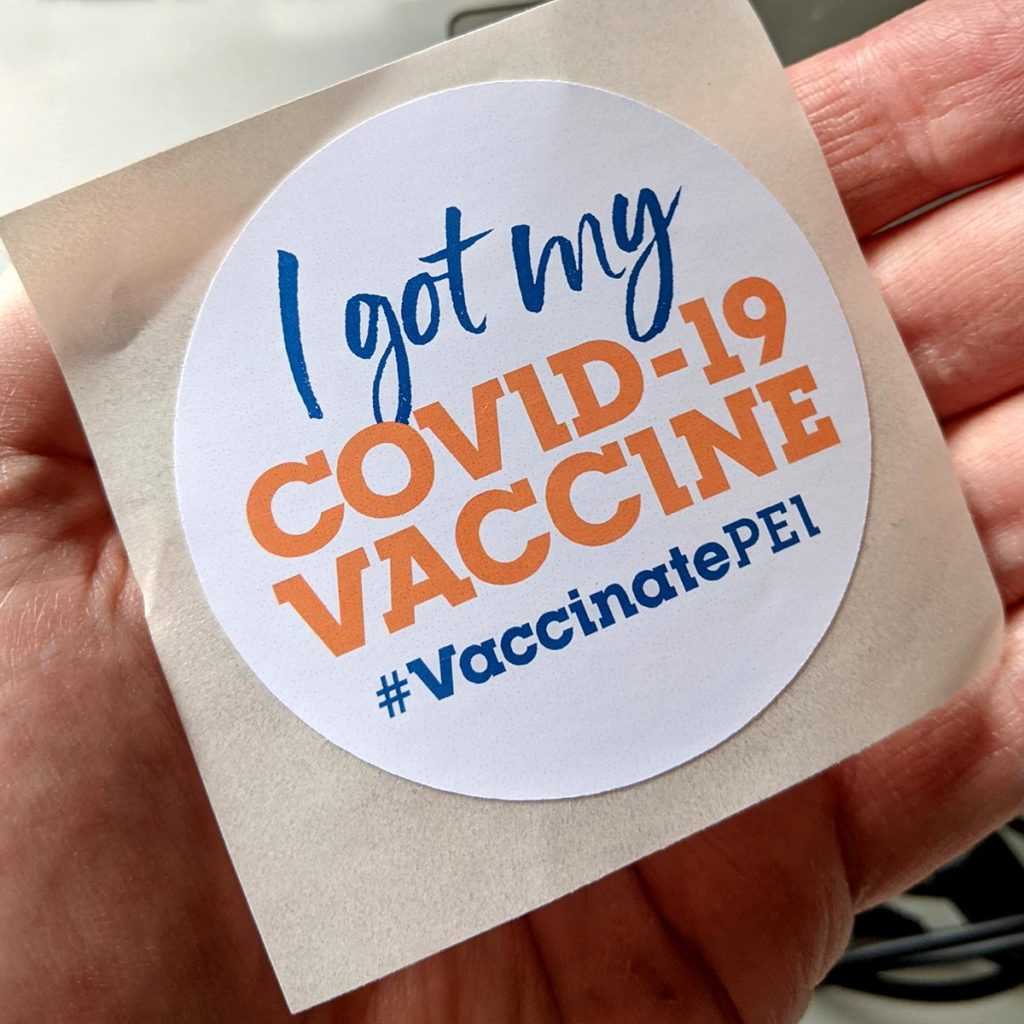This post is one of a series called Trivial Tragedies. Each installment is a small story of minor heartbreak that has stuck with me from my childhood.
Our first family computer was a Packard Bell 20Mhz 486sx, with 2MB of RAM and a 100MB hard drive. It was amazing. It came with Windows 3.1, which I soon discovered was quite limited.
Family friends had Macs, which were remarkably advanced from a user-interface standpoint compared to our simple Windows 3.1 Program Manager UI. I had seen a piece of software called Central Point Desktop advertised that promised to bring the power of the Mac GUI (and more) to the humble Windows 3.1 user.
It was $99. As with my telescope in the 4th grade, I somehow acquired the funds to make the purchase.
When it finally arrived, I was so excited. My desktops (yeah, that’s right, multiple desktops) would be so organized.
When I tried to install it, I was devastated. It turned out that it needed 4MB of RAM. I only had 2MB.
I recall a local computer shop selling us 4MB of additional RAM for $400. One hundred dollars per megabyte of memory.. I can’t imagine how I justified this expense to my parents at the time. I must have been really disappointed about that first $99.
In the end, I did get Central Point Desktop installed. It was okay. I was okay.



